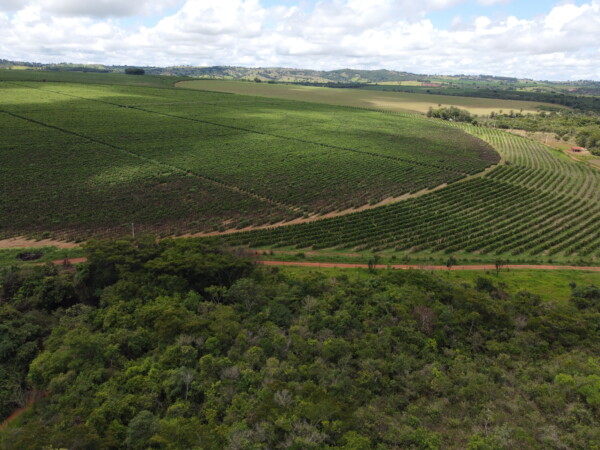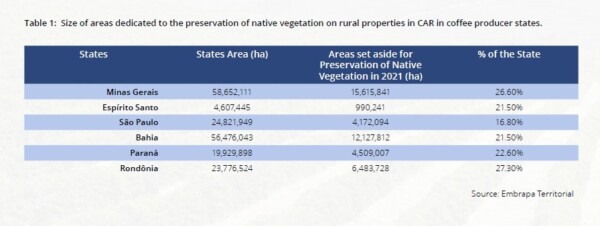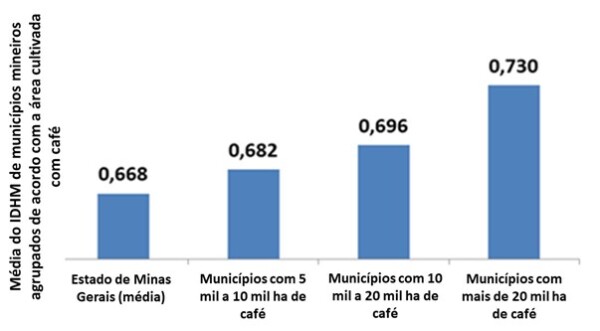
Cecafé follows and proactively acts on all issues related to new regulatory trends in top international markets. As often reported, the sustainability agenda showed intense activity in 2022. Various regulatory projects are under discussion on the European continent—and more recently in the United States—to hold companies accountable on how they tackle environmental and social issues.
The European Union approved new mandatory due diligence (DD) guidelines for companies to measure and mitigate deforestation risks in their supply chains and prevent forest degradation to reduce greenhouse gas emissions and biodiversity loss.
The new import rules could affect purchases of soybeans, coffee, beef, cocoa, wood, and palm oil. By-products and manufactured goods such as chocolate, printed paper, and furniture have also been included.
The European Parliament approved the new wording on September 13, 2022. Companies will also need to comply with relevant legislation in the country of production, including Human Rights issues and whether the rights of indigenous peoples involved are respected.
On December 6, the European Parliament and the member states reached a preliminary agreement and, although already accepted by the Executive power, Parliament and the Council will have to formally approve the agreement. The new law will come into force 20 days after its publication in the EU Official Gazette, but key articles will take effect 18 to 24 months later, during the phase for implementation of the new rules.
Countries will be classified as “low “, “standard” or “high risk” within 18 months of this regulation coming into effect. The penalties for non-compliance should be proportionate and dissuasive and the maximum amount set at least at 4% of the total annual EU turnover of the operator or trader, among other key issues that burden trade flow risks.
The United States asked for public consultation on “Options for Combating International Deforestation Associated With Commodities,” under the responsibility of the country’s Department of State.
The consultation aims to find options to combat deforestation related to international commodities trade, a first step to assess future legislation that could possibly impact Brazilian agribusiness.
Cecafé, as the legitimate representative of Brazilian coffee export sector, shared its views on the new proposal after getting further information during the meeting promoted by AMCHAM Brazil, the US Consulate, with the Under Secretary of Commerce of the United States Marisa Lago.
As per questions asked by Cecafé, Marisa Lago suggested topics to mention in the manifestation and stated that Cecafé will actively participate in the process as an interested party since Brazilian exports to the USA concern a considerable dollar amount.
CECAFÉ’S STAND AS THE REPRESENTATIVE OF THE BRAZILIAN COFFEE EXPORT SECTOR
In face of new global regulations both from the EU and the USA Cecafé stresses that it understands and respects the growing and necessary concerns of international consumer markets with social and environmental issues.
However, in challenging geopolitical times and the weakening of the World Trade Organization (WTO), unilateral rules generate risks to trade flow, especially when there is a lack of knowledge regarding the reality of the Brazilian coffee agribusiness. The sector has had significant advances in recent decades in terms of respect for ESG criteria and the passing of an Environmental Law followed by coffee growers.
Over the past decades, Brazil has invested in research and technology. As a result, the country has achieved environmental sustainability by reducing the coffee-growing area by 55%. At the same time, it has increased productivity by more than 400%.
Photograph by CAR (Environmental Rural Registry) of land use and occupation after 10 years of the Forest Code shows the line between the preservation of native vegetation and Brazilian agricultural production. According to a study conducted by Embrapa Territorial1 , based on CAR data, there are 43.9 million hectares of preserved native vegetation within rural properties in the main coffee producer states of Brazil. On average, the area corresponds to more than 20% of state territories.

As an effective action regarding mitigation of global warming and considering the concern highlighted in the new rules, Cecafé carried out the Carbon Project under the technical and scientific supervision of the Institute for Forest and Agricultural Management and Certification (Imaflora) and the School of Agriculture of the University of São Paulo (Esalq/USP). The study scientifically proved that coffee farming is carbon negative and that the adoption of good agricultural practices removes 10.5 tons ofCO2 and equivalents from the atmosphere per hectare. Even traditional farming is carbon negative, removing 1.63 t. Therefore, Brazilian coffees are a valuable tool to mitigate the emission of greenhouse gases and contribute to the reduction of global warming.
In face of the above and of other examples in the social aspect as well, such as proof that coffee farming impacts on social inclusion through the increase of the Human Development Index (HDI) in the regions where coffee farming is present, Cecafé believes in the exercise of synergy between European legislators and commercial partners with the government and productive chain in Brazil. This will enable to absorb the sustainable reality of our production and, consequently, the continuity and strengthening of the partnership with consumer markets committed to respecting Environmental, Social, and Governance.

On May 25 and 26, 2023, Cecafé will hold the 9th Coffee Dinner & Summit in São Paulo (SP). In addition to promoting debate and interaction among the participants, the event will invite global players to discuss economic data, sustainability, carbon market, logistics, consumption of the main regions in the world, as well as the discussion of new global regulations, with the participation of the world’s leading coffee organizations from the United States, Europe, and Brazil.
Marcos Matos
CECAFÉ CEO
Silvia Pizzol
CECAFÉ Sustainability Manager


Leave A Comment